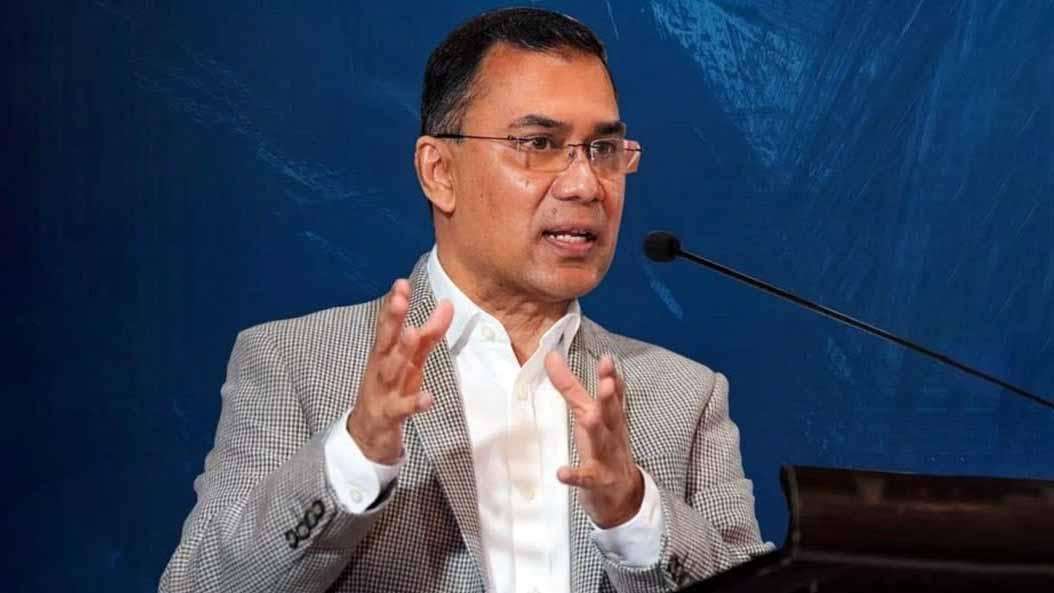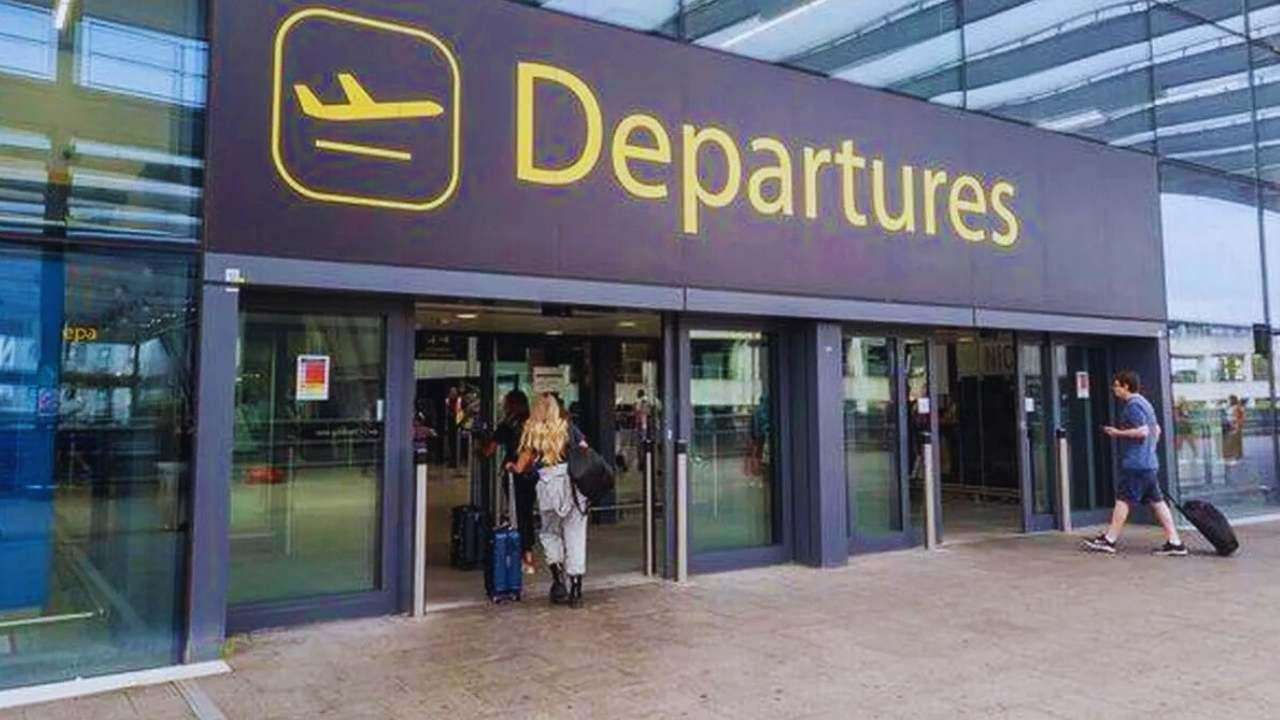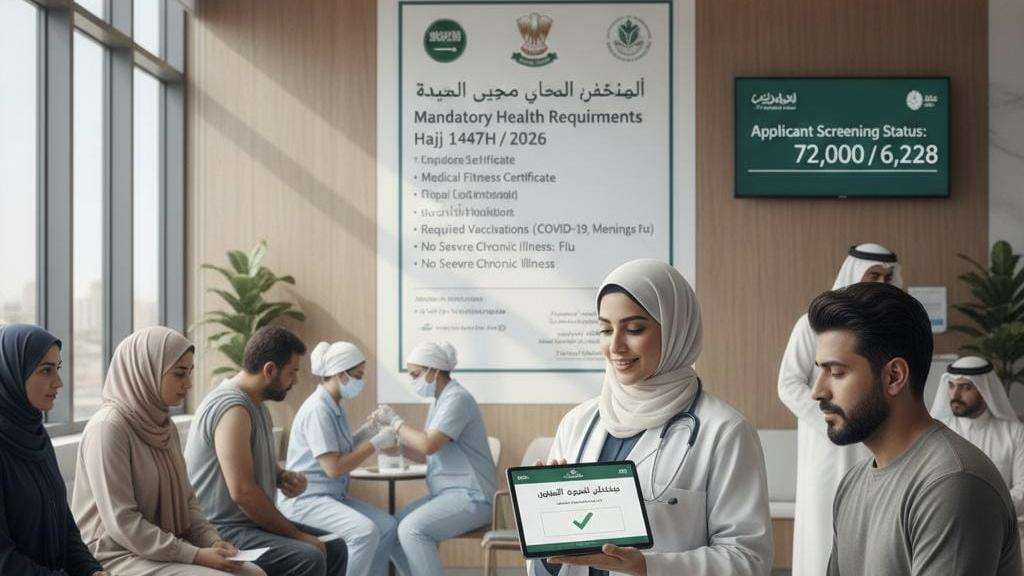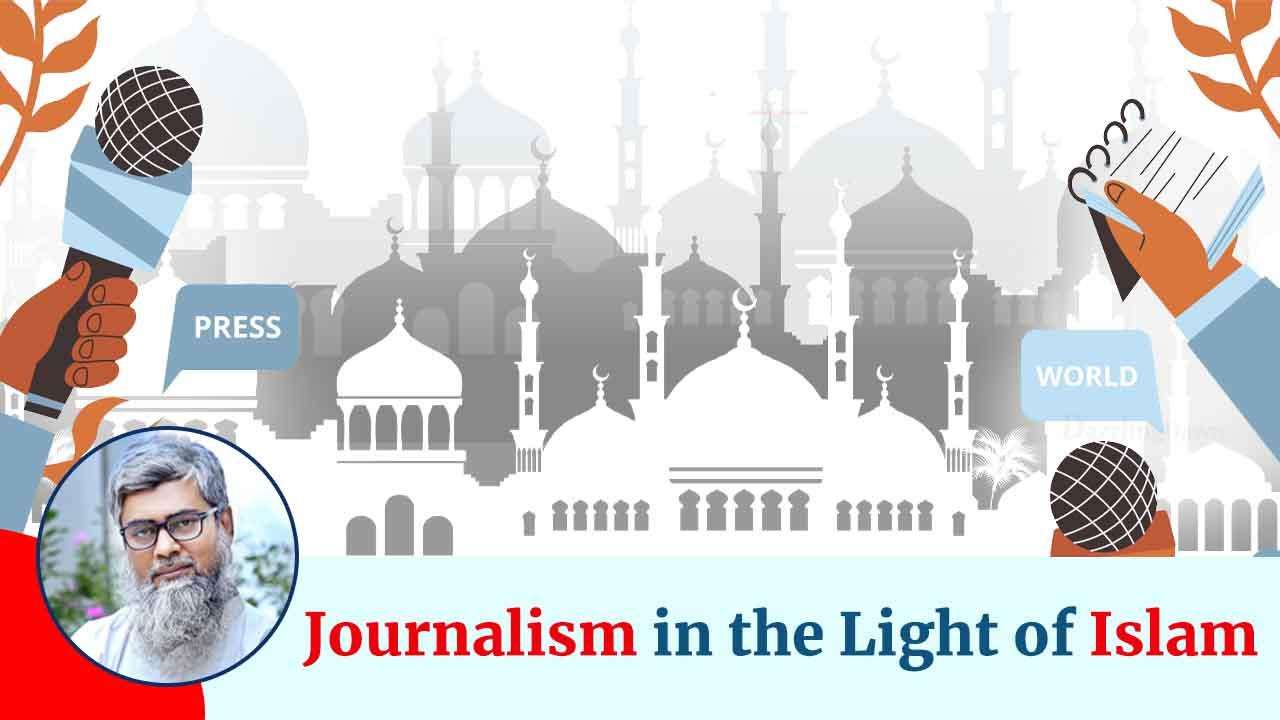The Kingdom of Saudi Arabia has dramatically heightened its focus on pilgrim safety and wellbeing for the upcoming Hajj 1447H / 2026 season, introducing stringent, mandatory global health requirements that will redefine eligibility for the sacred pilgrimage. This pivotal move comes as the UAE faces unprecedented demand, with 72,000 applicants vying for just 6,228 official quota spots.
The Saudi government, via the Ministry of Hajj and Umrah, is tightening health controls in a major policy shift, moving beyond advisory recommendations to mandate proof of physical and mental fitness before a Hajj visa is issued. Crucially, the new rules apply to pilgrims from all countries, including the UAE, and are aimed at protecting the vast congregation from infectious diseases and health crises, particularly given the large crowds and extreme heat.
New Global Mandates from Saudi Arabia
The new regulations, which have been confirmed to various Hajj organizing bodies globally, introduce several key measures:
Mandatory Medical Certificate: For the first time, an official medical certificate, to be processed and verified via the Kingdom's digital platforms like Nusuk, is now a prerequisite for obtaining a Hajj visa.
Disqualification for Chronic Conditions: The new policy explicitly bars individuals with severe or uncontrolled chronic illnesses, neurological/psychiatric disorders, and active infectious diseases. Conditions leading to automatic disqualification include major organ failure (such as kidney failure requiring dialysis, chronic lung or heart disease), advanced dementia, and cancer patients undergoing chemotherapy.
Expanded Mandatory Vaccines: While the UAE already requires the Meningococcal and Seasonal Influenza vaccines, the global mandate from Saudi Arabia reiterates the requirement for valid certificates for COVID-19, Polio, and Yellow Fever vaccinations, alongside Meningitis (ACWY), depending on the pilgrim's country of origin.
On-Site Health Checks and Repatriation: To ensure compliance, Saudi authorities will conduct random health checks at entry points, hotels, and the Masyair areas. Pilgrims found to be medically unfit may face denial of entry or repatriation.
Accommodation Licensing System: A new pilgrim accommodation licensing system has been launched for 2026 to guarantee that all housing facilities meet strict fire safety, hygiene, and verifiable capacity limits, further enhancing pilgrim security and comfort.
UAE's Response to Record Demand
In the UAE, the General Authority of Islamic Affairs, Endowments, and Zakat (Awqaf) has reaffirmed that pilgrim safety is a top national priority. The Authority, which saw a historic surge in applications for the 2026 season, is currently undergoing a meticulous screening and preliminary approval process. With the official quota remaining at 6,228 pilgrims out of 72,000 applications, a digital lottery system has been employed, with an emphasis on prioritizing first-time pilgrims.
The UAE's Ministry of Health and Prevention (MoHAP) continues to provide exhaustive health guidance, emphasizing the pilgrimage as a test of physical endurance. MoHAP’s "Healthy Hajj" guide provides crucial tips, including a checklist for a first aid kit and advice on preventing heat exhaustion—a vital concern as recent seasons have seen a notable drop in heat-related cases due to improved measures.
The new, stricter health requirements from Riyadh mark a significant step in the Kingdom's commitment to ensuring a safe, organized, and globally compliant Hajj experience, forcing all governments, including the UAE, to enforce stricter pre-departure medical screening.








.svg)

